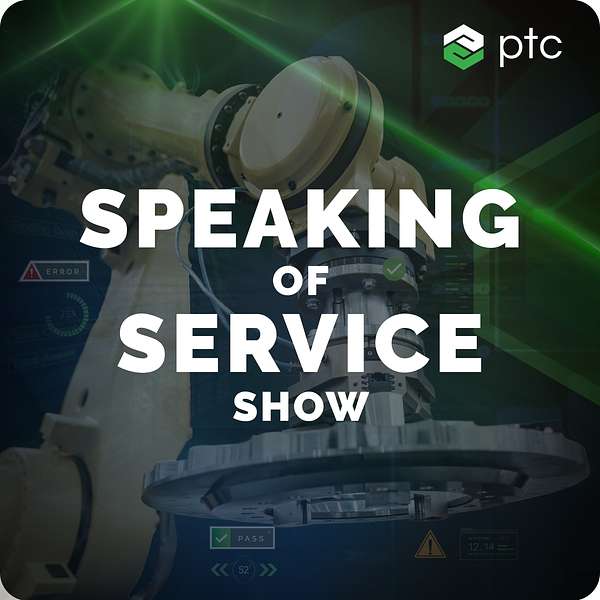
Speaking of Service
Speaking of Service uncovers practical ways to grow service revenue, control costs, and improve customer satisfaction. If you’re looking to innovate, gain a competitive edge, or just learn about the latest service trends, you’ve come to the right place! Also check: www.ptc.com/speakingofservice
Speaking of Service
Digital Transformation for Everyone: How Even Small Manufacturers Can Benefit from Digitally Transforming their Operations
Read the RTInsights editorial into Integrated Predictive Analytics: Enabling the Transition to Proactive Maintenance and New Business Models.
The value generated by Service and Quality insights obtained from connected operations is not limited to billion-dollar companies. Smaller manufacturing organizations can also achieve positive ROIs through connected assets, visualization, and analytics. In this episode, Chris MacDonald speaks with Yuri Hovanski, Associate Professor, Department of Manufacturing Engineering at BYU and Nathan Hoyt, Internet of Things Software Developer, Bell & Howell about their research and how faculty and students at Bringham Young University are leveraging IoT data and platform technology to demonstrate how small manufacturers can identify, execute, and implement solutions including analytics to anticipate problems before they occur.